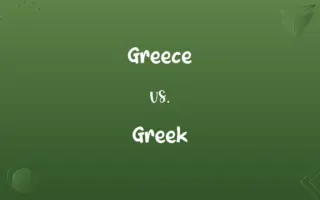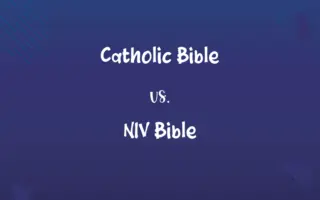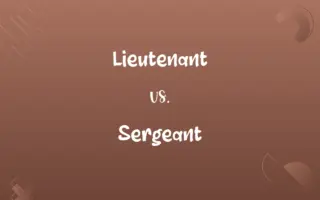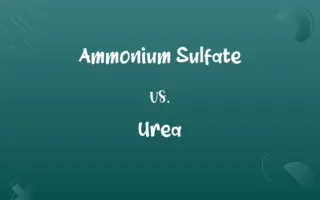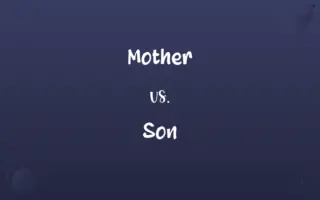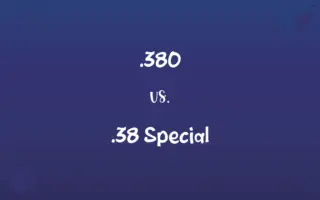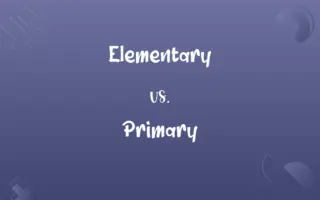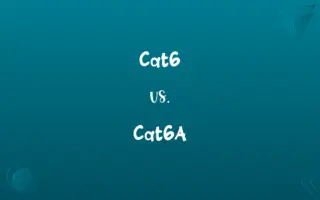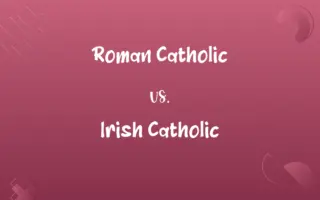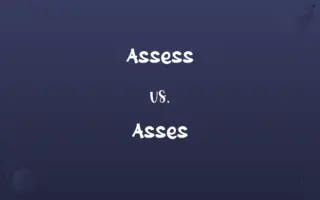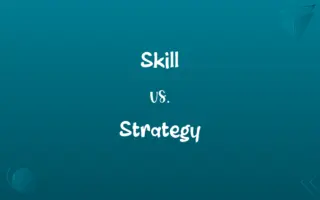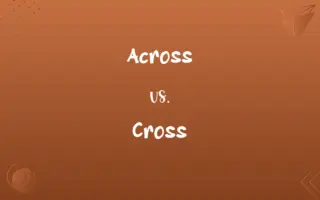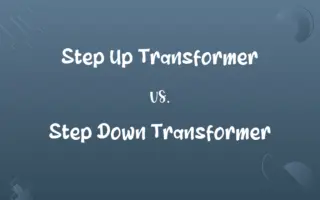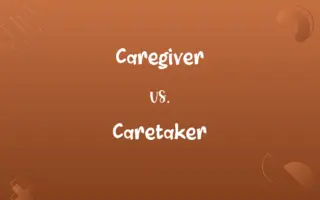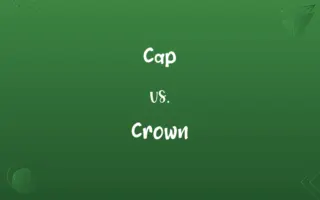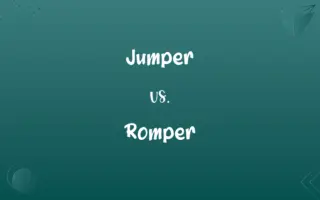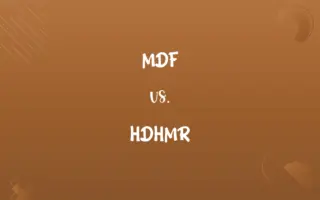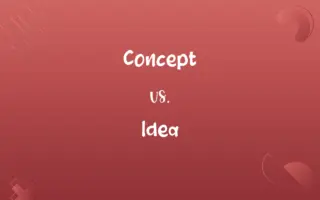Classical Tragedy vs. Modern Tragedy: Know the Difference

By Dua Fatima & Shumaila Saeed || Published on March 2, 2024
Classical tragedy, rooted in ancient Greece, emphasizes fate and the downfall of noble characters due to hubris, while modern tragedy focuses on ordinary individuals facing societal or personal conflicts.
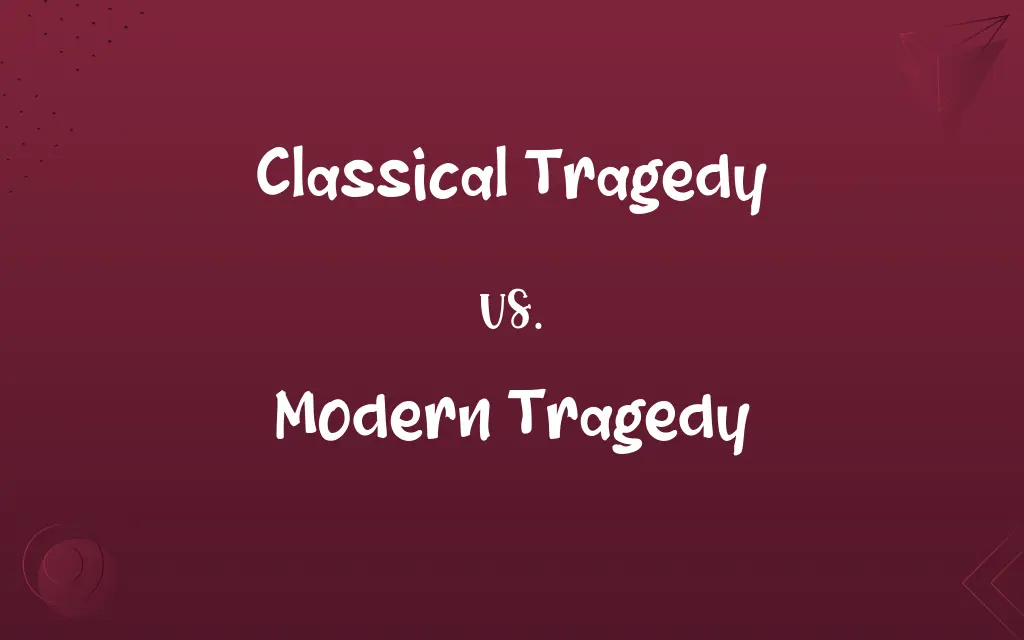
Key Differences
Classical tragedy originates from ancient Greek theatre, showcasing characters of high status encountering downfall due to personal flaws, often hubris, and the inescapable will of the gods. Modern tragedy, however, portrays common people facing struggles, highlighting the impact of societal pressures and internal conflicts without necessarily involving supernatural forces.
Shumaila Saeed
Mar 02, 2024
In classical tragedy, the protagonist's downfall is predestined, highlighting the power of fate and the gods. This inevitability serves to evoke pity and fear in the audience, leading to catharsis. Conversely, modern tragedy often attributes the protagonist's downfall to societal flaws, personal decisions, or a combination thereof, focusing more on the character's moral dilemmas and the randomness of life.
Dua Fatima
Mar 02, 2024
The language and style of classical tragedy are marked by formalism and grandeur, utilizing structured formats like the chorus and stichomythia to deliver its themes. Modern tragedy tends to employ naturalistic dialogue and settings, making the characters and their predicaments more relatable to contemporary audiences.
Dua Fatima
Mar 02, 2024
Classical tragedies are built around the Aristotelian principles of unity of time, place, and action, offering a tightly woven narrative structure. Modern tragedies often break these unities, offering fragmented narratives or multiple settings to reflect the complexity of modern life.
Dua Fatima
Mar 02, 2024
The themes of classical tragedy are universal and timeless, dealing with issues of pride, fate, and the gods’ influence over human life. Modern tragedy, while also dealing with universal themes, often incorporates contemporary issues like existential angst, alienation, and the critique of societal norms.
Shumaila Saeed
Mar 02, 2024
ADVERTISEMENT
Comparison Chart
Central Conflict
Fate, hubris, divine intervention
Societal pressures, personal conflicts
Dua Fatima
Mar 02, 2024
Narrative Structure
Unity of time, place, and action
May break classical unities
Hifza Nasir
Mar 02, 2024
ADVERTISEMENT
Outcome
Inevitable downfall due to personal flaws
Downfall resulting from internal or external forces
Shumaila Saeed
Mar 02, 2024
Setting
Often specific, historically or mythologically significant
Contemporary, relatable settings
Dua Fatima
Mar 02, 2024
Audience Engagement
Evokes pity and fear for catharsis
Evokes empathy, reflection on societal norms
Dua Fatima
Mar 02, 2024
ADVERTISEMENT
Classical Tragedy and Modern Tragedy Definitions
Classical Tragedy
Employs formal language and the chorus.
Antigone uses a chorus to comment on the action and moral lessons.
Dua Fatima
Feb 29, 2024
Modern Tragedy
Deals with contemporary issues like existential angst.
Waiting for Godot explores existential questions through its characters' plights.
Dua Fatima
Feb 29, 2024
Classical Tragedy
Themes revolve around divine will and human pride.
Agamemnon explores the consequences of hubris against the gods.
Shumaila Saeed
Feb 29, 2024
Modern Tragedy
Focuses on the individual's moral dilemmas.
In Long Day's Journey Into Night, family members face their personal demons and conflicts.
Dua Fatima
Feb 29, 2024
Classical Tragedy
Focuses on noble characters' downfall due to fate and hubris.
In Oedipus Rex, Oedipus's downfall is predestined by fate.
Shumaila Saeed
Feb 29, 2024
Modern Tragedy
Utilizes naturalistic dialogue and settings.
A Streetcar Named Desire features relatable characters and everyday speech.
Shumaila Saeed
Feb 29, 2024
Classical Tragedy
Aimed to evoke pity and fear for catharsis.
The audience experiences catharsis through the tragic downfall of Hamlet.
Shumaila Saeed
Feb 29, 2024
Modern Tragedy
Often breaks the classical unities.
The Glass Menagerie uses non-linear storytelling and multiple settings.
Dua Fatima
Feb 29, 2024
Classical Tragedy
Adheres to Aristotelian unities of time, place, and action.
Medea unfolds in a single day, in one location.
Dua Fatima
Feb 29, 2024
Modern Tragedy
Portrays common individuals facing personal or societal struggles.
Death of a Salesman shows a salesman's disillusionment and downfall.
Dua Fatima
Feb 29, 2024
Repeatedly Asked Queries
How do modern tragedies reflect contemporary society?
They incorporate current societal issues, moral dilemmas, and the complexities of modern life, making them relevant to contemporary audiences.
Hifza Nasir
Mar 02, 2024
What defines a classical tragedy?
Classical tragedy involves noble characters facing inevitable downfall due to their flaws and fate, emphasizing moral lessons and catharsis.
Shumaila Saeed
Mar 02, 2024
How does modern tragedy differ from classical tragedy?
Modern tragedy focuses on ordinary people facing internal and societal conflicts, with more emphasis on psychological depth and moral ambiguity.
Dua Fatima
Mar 02, 2024
Can modern tragedies have happy endings?
While not typical, some modern tragedies may offer ambiguous or bittersweet endings, focusing on character growth rather than downfall.
Shumaila Saeed
Mar 02, 2024
Why is hubris a common theme in classical tragedy?
Hubris represents excessive pride or defiance against the gods, leading to the protagonist's downfall as a moral lesson.
Dua Fatima
Mar 02, 2024
What role does the chorus play in classical tragedy?
The chorus offers commentary, reflects the audience's moral perspective, and sometimes interacts with the characters.
Dua Fatima
Mar 02, 2024
Why is fate important in classical tragedy?
Fate illustrates the inescapable nature of divine will and the consequences of human actions, leading to the protagonist's downfall.
Hifza Nasir
Mar 02, 2024
Can modern tragedies include supernatural elements?
While less common, some modern tragedies may use supernatural elements symbolically to explore psychological or existential themes.
Shumaila Saeed
Mar 02, 2024
How do protagonists in modern tragedies differ from those in classical tragedies?
Modern protagonists are often common individuals, making their struggles more relatable to the audience.
Dua Fatima
Mar 02, 2024
Is catharsis relevant in modern tragedy?
Yes, but it's achieved through empathy and reflection on the characters' dilemmas and societal issues, rather than fear and pity.
Shumaila Saeed
Mar 02, 2024
Share this page
Link for your blog / website
HTML
Link to share via messenger
About Author
Written by
Dua FatimaCo-written by
Shumaila SaeedShumaila Saeed, an expert content creator with 6 years of experience, specializes in distilling complex topics into easily digestible comparisons, shining a light on the nuances that both inform and educate readers with clarity and accuracy.










